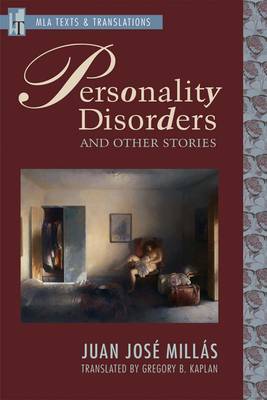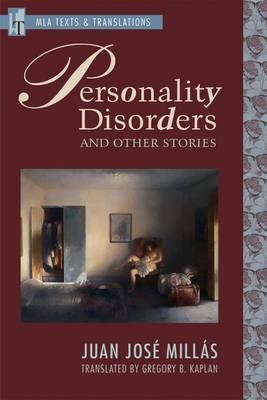
- Retrait gratuit dans votre magasin Club
- 7.000.000 titres dans notre catalogue
- Payer en toute sécurité
- Toujours un magasin près de chez vous
- Retrait gratuit dans votre magasin Club
- 7.000.0000 titres dans notre catalogue
- Payer en toute sécurité
- Toujours un magasin près de chez vous
Description
The stories of Juan José Millás, who began writing in the 1970s, depart from both the socially engaged, traditional realism and the linguistic experimentation of post-Francoist Spain. They are populated by strange characters: a man who discovers a passage that connects all the armoires on earth, a woman who finds her obsessions to be better company than her cats, a vacationer who prefers his pancreas to the Bahamas as a destination. Influenced by both Gabriel García Marquéz and Franz Kafka and resonant with Freudian concepts, Millás's fiction--ironic, humorous, dreamlike--raises questions about identity, society, and what is normal.
In her introduction, Pepa Anastasio places Millás in the context of modern Spain and provides commentary on the style and themes of a contemporary writer little of whose work has yet appeared in English translation.
Spécifications
Parties prenantes
- Auteur(s) :
- Traducteur(s):
- Editeur:
Contenu
- Nombre de pages :
- 172
- Langue:
- Anglais
- Collection :
Caractéristiques
- EAN:
- 9780873529389
- Date de parution :
- 01-01-07
- Format:
- Livre broché
- Format numérique:
- Trade paperback (VS)
- Dimensions :
- 166 mm x 217 mm
- Poids :
- 222 g

Les avis
Nous publions uniquement les avis qui respectent les conditions requises. Consultez nos conditions pour les avis.






